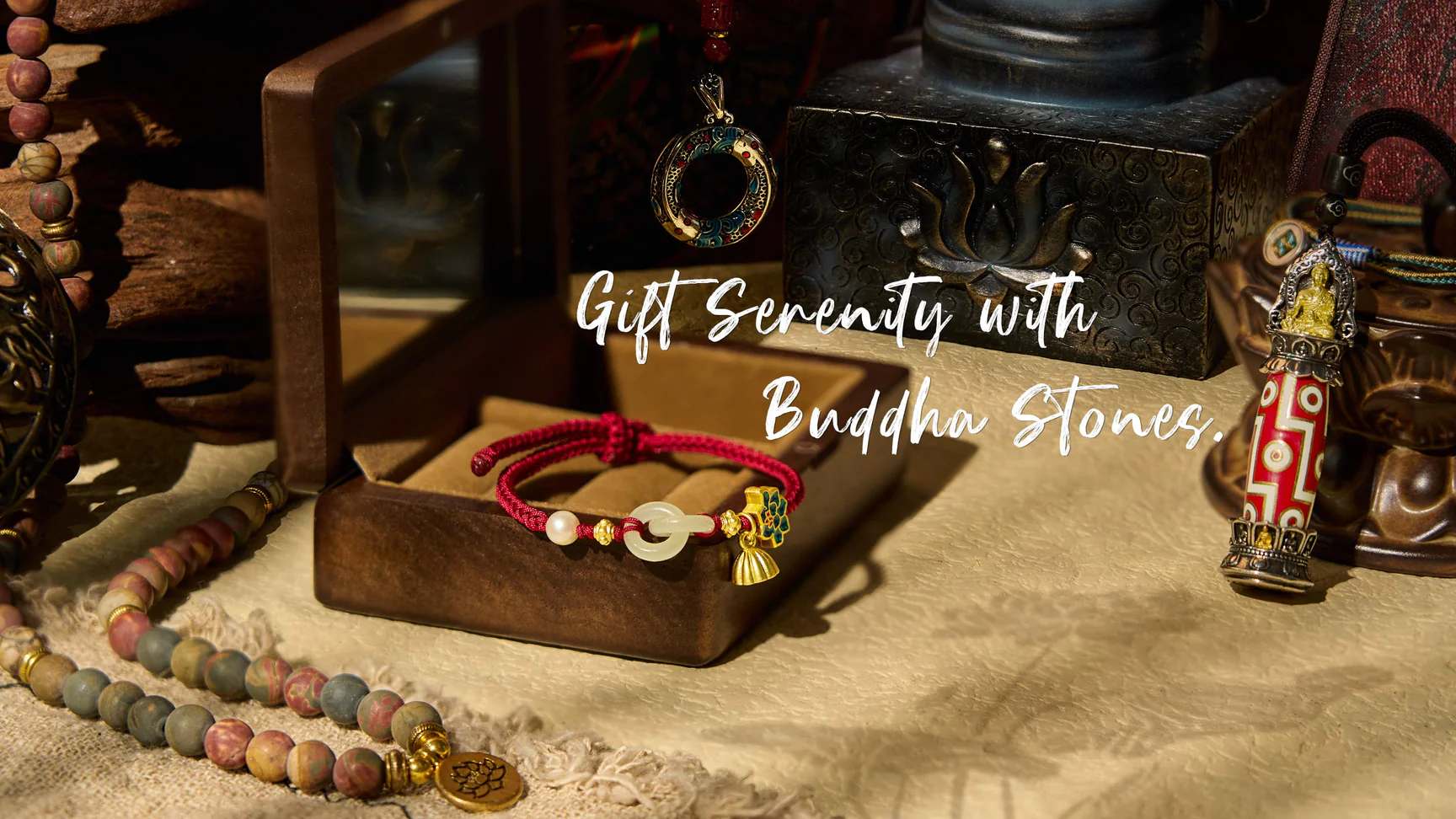Our minds seem wired to search endlessly for things to worry about. From the news headlines shouting about elections, pandemics, or natural disasters, to everyday questions like “Why is that cough lingering?” or “What’s that strange noise?”—worry often feels like an unavoidable companion. The internet and media constantly feed our fears, keeping the “what if” scenarios running on a relentless loop.
This mental habit taps into a crucial part of our brain—the problem solver. Normally, it helps us find solutions, but when a problem has no clear fix, this mechanism can get stuck in worry mode. The “what if” channel gets louder, especially at night when fatigue lowers our mental defenses, leaving us trapped in anxious cycles about ourselves, loved ones, or the state of the world.
But here’s the good news: you don’t have to stay trapped.
The First Step: Awareness
The most important antidote to worry is simple, yet profound—recognize when you are worrying. This act of awareness puts the brakes on spiraling thoughts and gives you the power to step sideways, shifting your mindset and perspective.
This shift isn’t just mental; it’s emotional and spiritual. It’s often the heart’s perspective that unlocks the room where worries are running wild. While the mind tends to focus on problems and fears, the heart sees with optimism, love, and a broader understanding.
Connecting with the Heart
How do we access the heart’s wisdom when the mind is overwhelmed? Nature offers a direct line. Taking a walk outside—whether through a city park or a forest trail—allows you to see trees, hear birdsong, and look up at the sky. These simple experiences help reconnect us to the heart’s calm and hopeful presence.
Personally, daily walks ground me and keep me centered in a positive, heart-centered mindset. When challenges arise, it’s this heart-centered spirit that guides me through uncertainty and fear.
The Power of Community
Friends and family also serve as vital antidotes to worry. Having someone who listens without judgment and reminds you that most worries never materialize can be incredibly healing. Mark Twain’s witty observation captures this perfectly:
“I have known a great many troubles in my life, most of which never happened.”
This reminds us that worries are often just passing clouds, not permanent storms. Instead of wasting precious energy on them, we can choose to focus on what truly matters.
Diverse Tools to Ease the Mind
Over the years, I’ve found many ways to ease worry’s grip:
- Music: Songs like India.Arie’s “I Am Light” lift the spirit and open the heart.
- Poetry: Mary Oliver’s poem “I Worried” beautifully captures the fleeting nature of anxiety.
- Movement: Walking and gentle exercise help move stagnant energy.
- Mindfulness Practices: Meditation and yoga cultivate calm and clarity. I regularly use Panache Desai’s free meditation “Call to Calm” to start my day with peace.
- Simple Pleasures: Watching a favorite sitcom rerun or savoring healthy foods like cherries, grapes, and avocados can soothe an anxious mind.
- Supportive Words: The kindness of a friend saying, “Yes, I understand,” can offer a grounding balm.
Cultivating Positivity and Openness
The key is to remain open to whatever antidote works for you. When your heart opens and connects deeply with life’s beauty and wonders, worries tend to fade or even disappear altogether. And when worries return—as they inevitably will—remember that you now hold a toolbox full of remedies to reclaim your peace.
Final Thoughts
Worry, while natural, does not have to dominate your life. With awareness, heart-centered connection, supportive relationships, and simple yet powerful tools, you can shift your experience from fear to freedom.
So, the next time your mind races with “what ifs,” pause. Breathe. Step outside. Listen to a song. Share your fears with someone who cares. Let your heart open to life’s beauty. In doing so, you’ll find worry loosens its grip—and a calmer, lighter life awaits.



